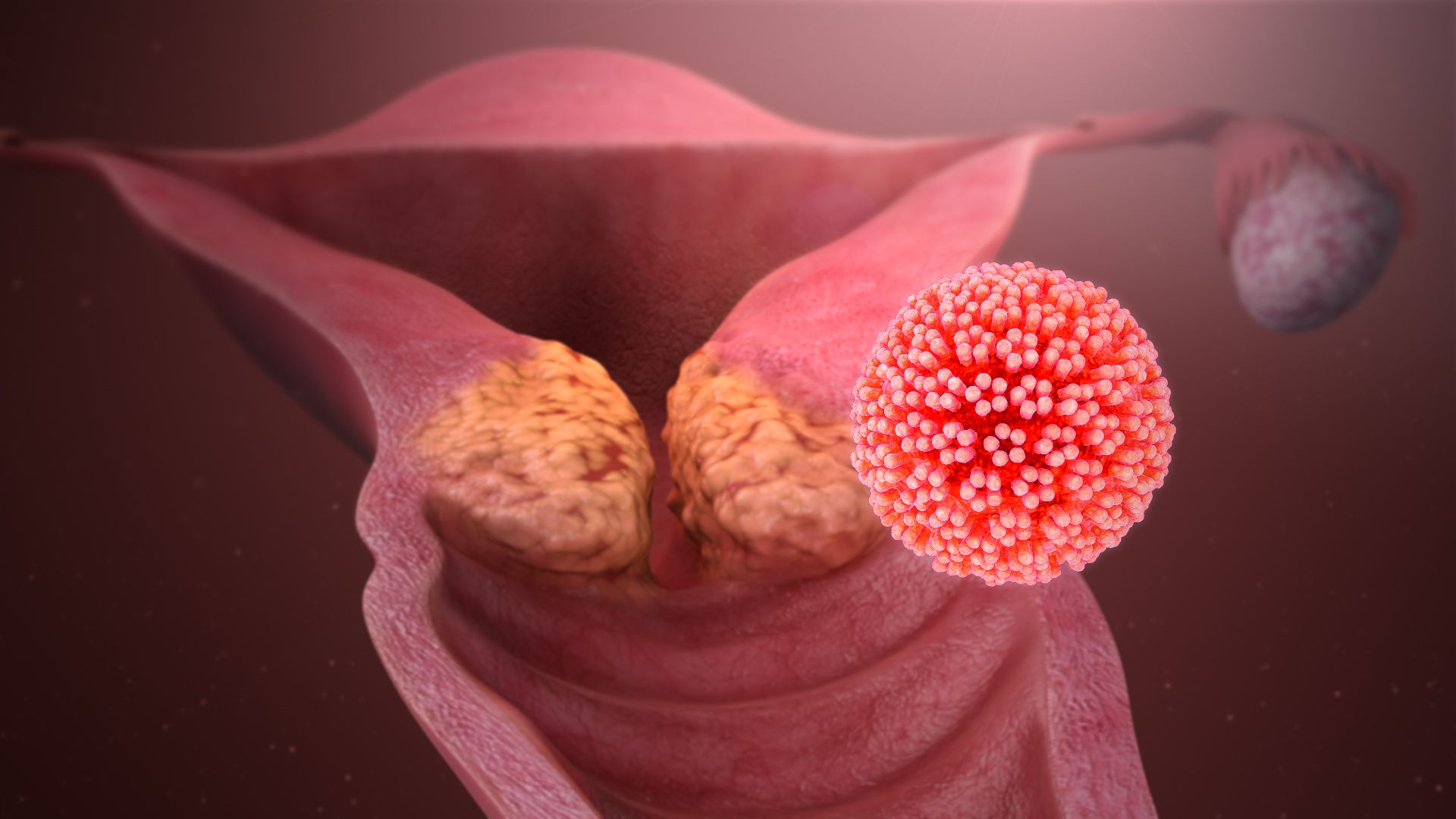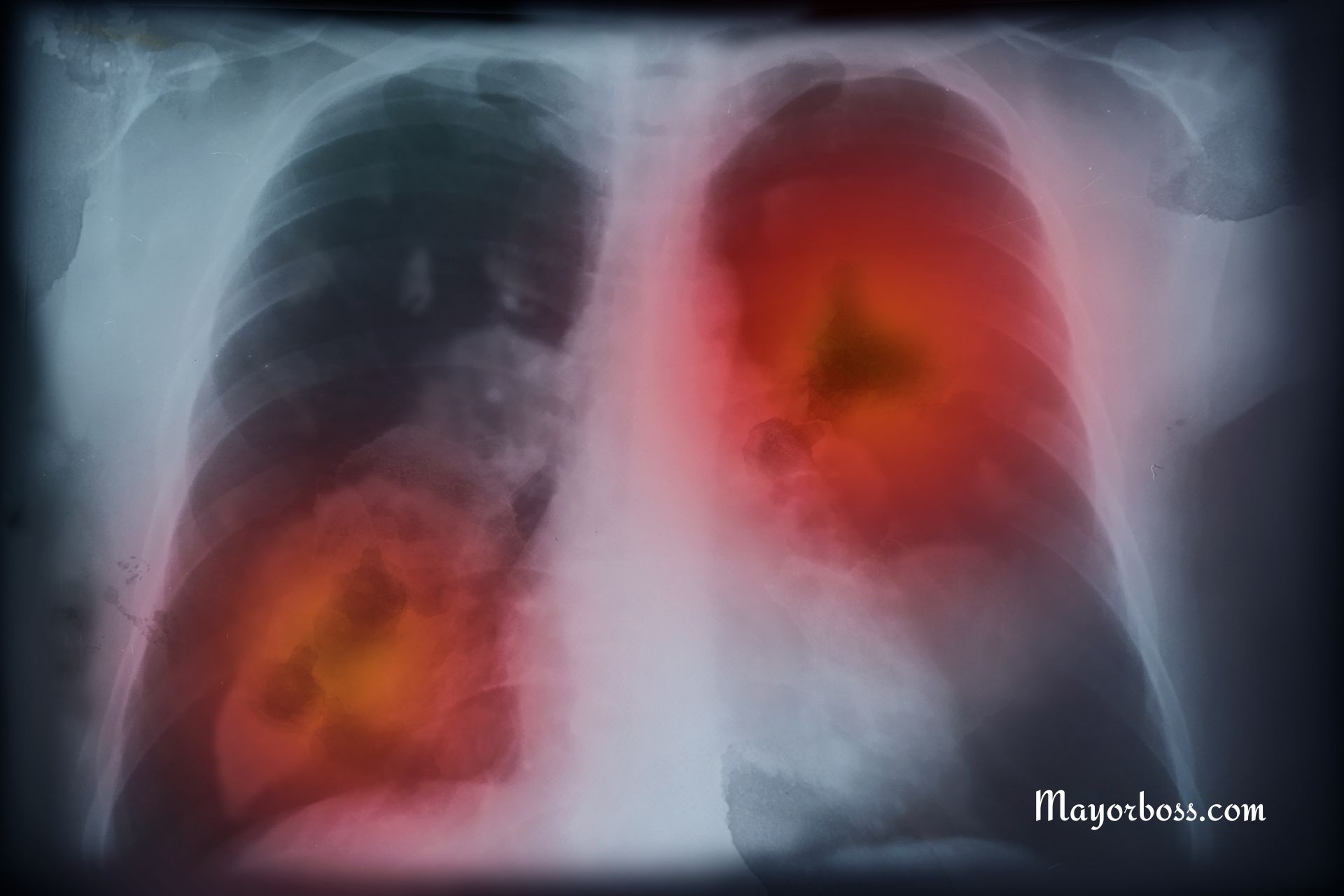What Are the Early Warning Signs of Cervical Cancer?
Cervical cancer often doesn’t have any obvious symptoms in its earliest stages. Symptoms usually start after the cancer has spread. That’s why regular screening is crucial. Still, there are certain signs you should be aware of that could indicate the presence of this condition. If you catch these symptoms early, you will receive effective treatment for cervical cancer. Let’s go over the early warning signs you need to know about.

Unusual vaginal bleeding is one of the earliest warning signs
One of the first signs that many women notice is abnormal bleeding. This bleeding can happen in a variety of situations, such as:
- Between periods: If you experience spotting or light bleeding when you’re not on your period, it could be a sign.
- After sex: Bleeding following intercourse might indicate something isn’t right with the cervix.
- Post-menopausal bleeding: If you’ve gone through menopause and suddenly start bleeding again, that’s a red flag.
Dr. Natalia Hapych, MD, points out that this bleeding is often dismissed as “normal,” but it’s vital to pay attention to these changes. In fact, even a small amount of blood can be a sign that something’s up.
Persistent pelvic pain that doesn’t seem to go away
It’s normal to have mild cramps around your menstrual period. However, if you’re experiencing persistent pain in your pelvic area that doesn’t seem related to your cycle, it could be an early warning sign of cervical cancer.
This pain might feel dull and constant, or it may come and go. Dr. Hapych explains that some women describe it as feeling like a constant “pressure” in their pelvic region. It might even extend to the lower back or down the legs.
Pain during intercourse can be an early sign
According to Dr. Hapych, experiencing pain during sexual intercourse—known as dyspareunia—can be an early symptom of cervical cancer. This pain might feel sharp, burning, or more like a deep ache. It’s a sign that something’s irritating the cervix, and you should definitely talk to your doctor if you notice this symptom.
Vaginal discharge that looks or smells unusual
Another sign that could indicate cervical cancer is abnormal vaginal discharge. Now, let’s be real, every woman experiences some level of discharge, and that’s entirely normal. However, if you notice that your discharge is:
- Thicker or thinner than usual
- Has a strong, foul odor
- Appears watery, bloody, or brownish
These changes could be a sign that cancer cells are present in the cervix. Some women might also notice a “watery” or “pinkish” discharge that’s different from their usual pattern. Dr. Hapych highlights that these changes shouldn’t be ignored, as they could indicate something more serious.
Unexplained weight loss or loss of appetite could be a sign
We all experience fluctuations in our weight from time to time. However, if you’re suddenly losing weight without trying, or you notice you’re not as hungry as usual, it might be a sign of cervical cancer. According to Dr. Hapych, the presence of cancer cells can cause a loss of appetite, leading to unintended weight loss over time.
Feeling extremely tired or fatigued more often
Fatigue is one of those symptoms that’s easy to dismiss, especially in our busy lives. But if you’re feeling constantly drained, even when you’re getting enough sleep, it could be an early warning sign of cervical cancer. Dr. Hapych notes that cancer cells can cause anemia, which leads to fatigue and a feeling of weakness. So, if you feel like you’re dragging yourself through the day, talk to your doctor.
Urinary symptoms are more common than you might think
Cervical cancer can also cause some changes in your urinary habits. You might notice:
- Pain during urination
- Frequent urination
- Feeling like you can’t empty your bladder completely
Dr. Hapych explains that these symptoms occur because the cancerous cells might be pressing against your bladder, causing discomfort. In some cases, women might even notice blood in their urine, which is a serious sign that should never be ignored.
Swelling in one or both legs can also be a sign
One lesser-known symptom of cervical cancer is swelling in the legs. This happens when the cancerous cells block blood flow, causing fluid to build up. If you notice one leg is more swollen than the other, or you’re experiencing pain in your leg without any obvious cause, it’s time to reach out to your doctor.
When should you see a doctor?
If you experience any of the above symptoms, it’s crucial to see a doctor as soon as possible. Dr. Hapych advises that even if you’re not sure whether your symptoms are related to cervical cancer, it’s better to be safe than sorry. Early detection is key to the effective treatment of cervical cancer.
How can regular screening help?
Regular screening is one of the most effective ways to catch cervical cancer early. Dr. Hapych recommends:
- Pap smears: Starting at age 21, women should get a Pap test every three years. This test can detect abnormal cells before they turn into cancer.
- HPV tests: Human papillomavirus (HPV) is a significant risk factor for cervical cancer. Getting an HPV test can help identify the presence of the virus.
The Centers for Disease Control and Prevention (CDC) explains that women over 30 can opt for a Pap test and HPV test every five years.
What if you’ve already received the HPV vaccine?
The HPV vaccine can significantly lower your likelihood of developing cervical cancer, but it doesn’t eliminate the need for regular screenings. Dr. Hapych stresses that the vaccine doesn’t protect against all cancer-causing HPV strains. That’s why it’s essential to continue with regular Pap smears and HPV tests, even if you’ve been vaccinated.
How to reduce your risk of cervical cancer
There are some steps you can take to lower your risk of developing cervical cancer. Dr. Hapych suggests:
- Getting vaccinated against HPV: This vaccine can protect against the most common cancer-causing strains.
- Using condoms during sex: This can help prevent HPV infection.
- Quitting smoking: Smoking weakens your immune system, making it harder for your body to fight off HPV infections.
- Having regular screenings: As mentioned earlier, regular Pap smears and HPV tests are crucial.






